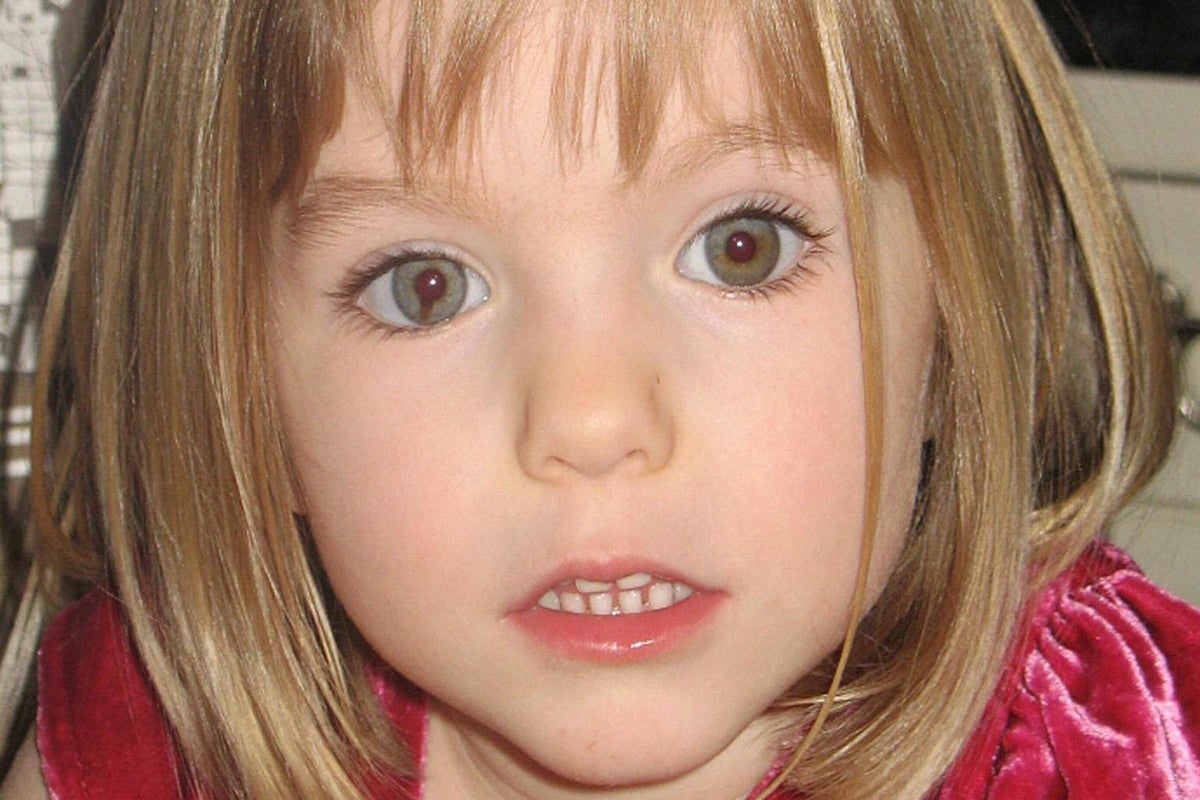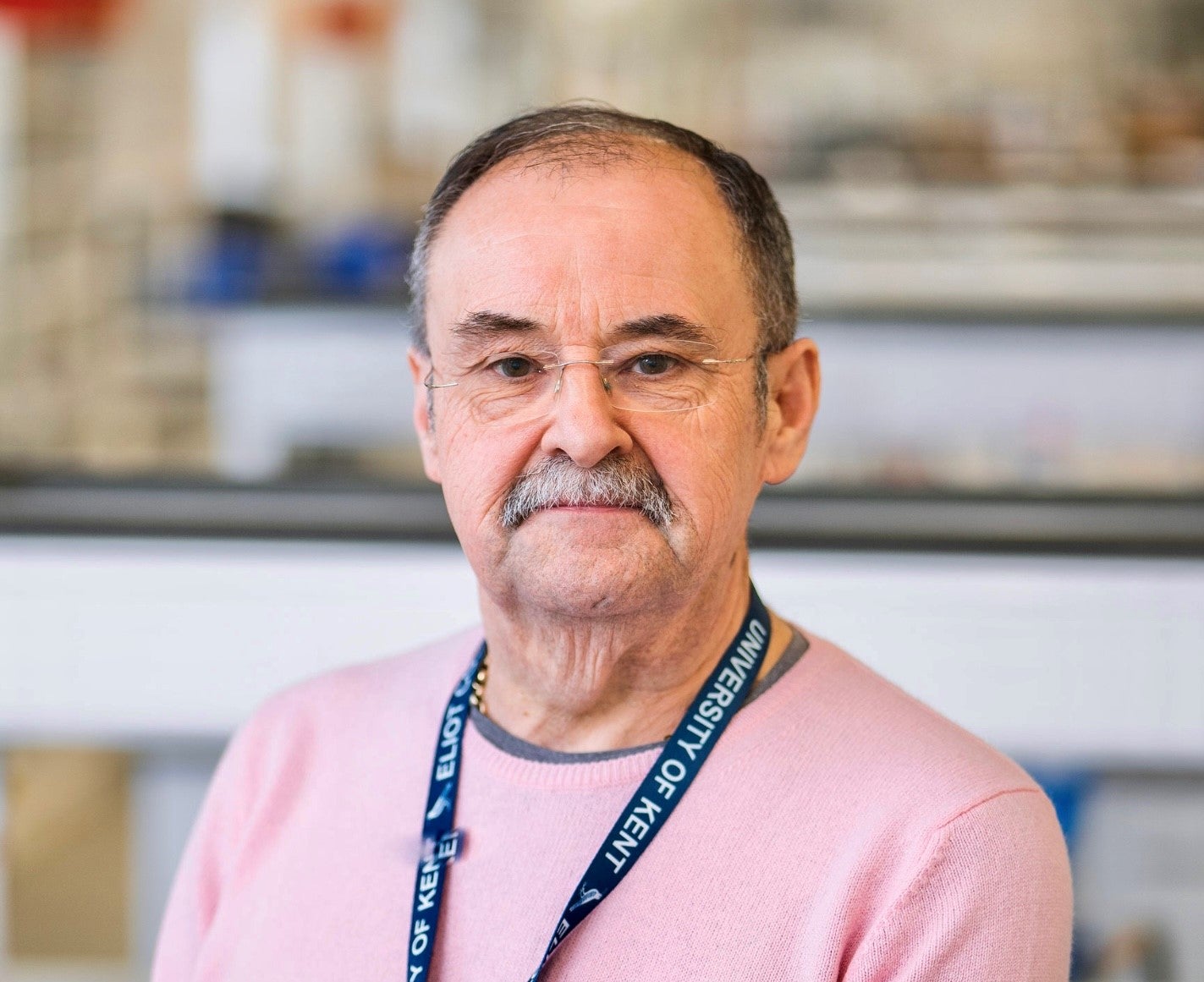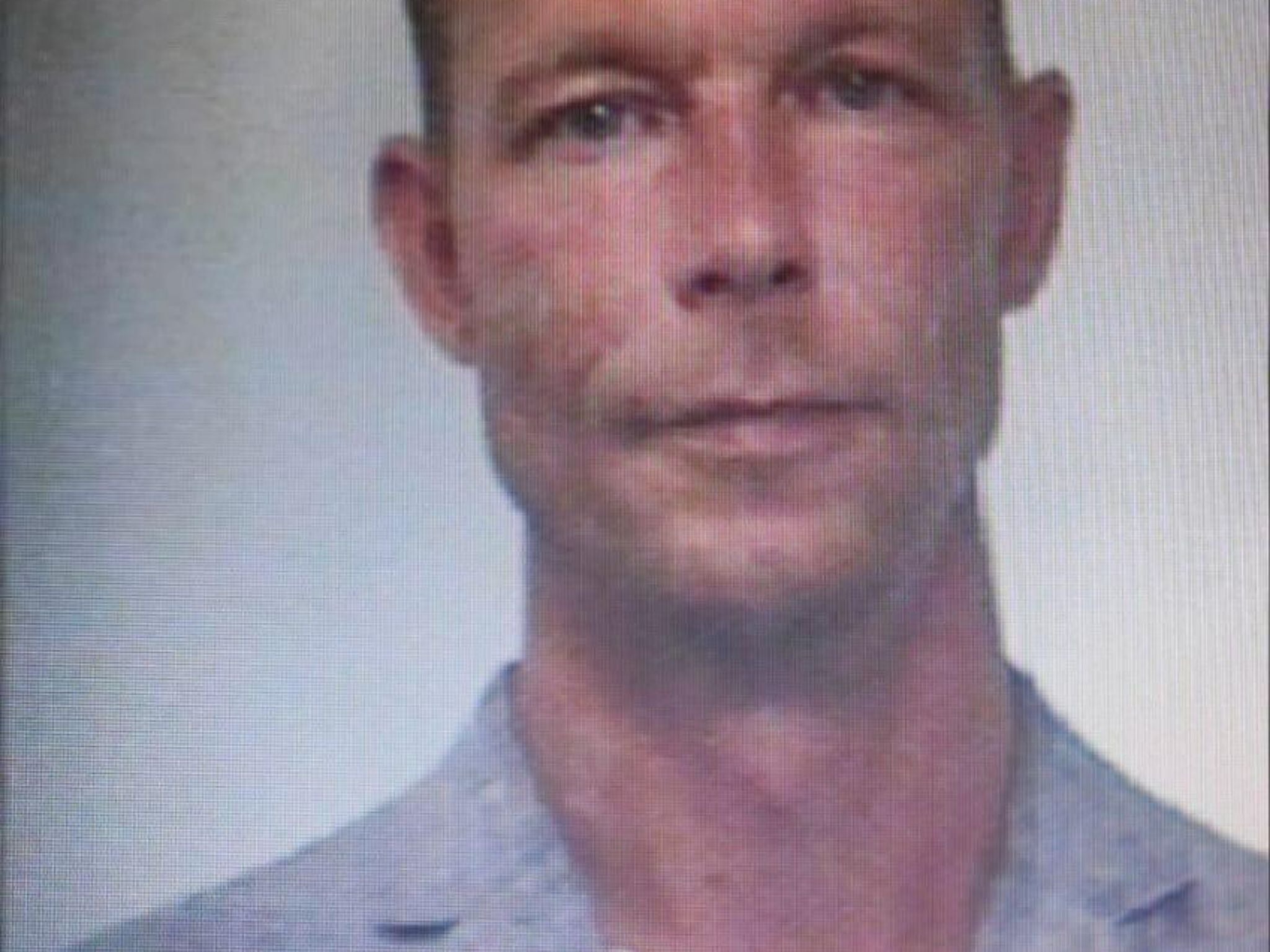
Forensics experts have warned investigators in the Madeleine McCann case cannot focus purely on their prime suspect and that, 16 years after she disappeared, “traditional” evidence may not have survived.
German authorities last week helped Portuguese crews comb a remote reservoir inland from the Algarve coastal resort in Portugal where the then-three-year-old Madeleine went missing from her bedroom on a family holiday in 2007.
Authorities confirmed on Thursday they had recovered a number of items, in the first glimmer of hope for her parents Kate and Gerry McCann in their long wait for answers.

Speaking to The Independent about the recent search, forensics expert Dr Robert Green OBE, who previously worked for the Home Office and has worked on high-profile unsolved murder cases, felt investigators needed to “keep an open mind” as suspect Christian Brueckner should only be one line of inquiry.
“We must not get too focused on Brueckner to the exclusion of everyone else,” Dr Green said. “We do have to keep an open mind - it might not be him.”
Recently, Brueckner - who is in jail for rape - was revealed to have protested his innocence and tried to claim he had nothing to do with Madeleine’s disappearance in letters written by him from his prison cell, according to MailOnline.
However, Dr Green said these types of letters, where prisoners plead their innocence are “not uncommon” and he has even received some himself when working on cases in the past.


He stressed that the focus for the investigators should be on finding anything physical linking Brueckner to the case in an attempt to disprove the claim he is innocent.
But another forensics expert. Dan Matthews. has warned “traditional” evidence might be difficult to find now 16 years have passed since Madeleine’s disappearance.
The Forensic Science Senior Lecturer at the University of Lincoln suggested investigators would be searching the remote reservoir for “things that could’ve stood the test of time and not been destroyed by its passage”, such as clothing fragments, plastic items or jewellry.

“If they’re looking for body remains, then the only things remaining will be skeletal,” he added.
Police will be hoping to have found something that links back to Madeleine’s case, but Mr Matthews says how long it will take to get the results of the search is “very difficult to say”.
Clothing, for example, should not take long to analyse, he explained - but any fragment could be microscopic and could have significantly deteriorated over such a long period of time.
“The analysis can be quite an arduous process,” he said. “Especially when you’ve got samples that are not in pristine condition.
“You could potentially be looking at things that are not visible to the naked eye and using something like a microscope takes time.”

Based on his own past experience, he explained investigators working on high-profile cases are “under an awful lot of pressure to update people regularly”, but people would need to be patient given the challenges of tackling a cold case like this.
“Sometimes it takes as long as it takes,” he added. “And in this case, it’s more likely to take weeks rather than days.”







